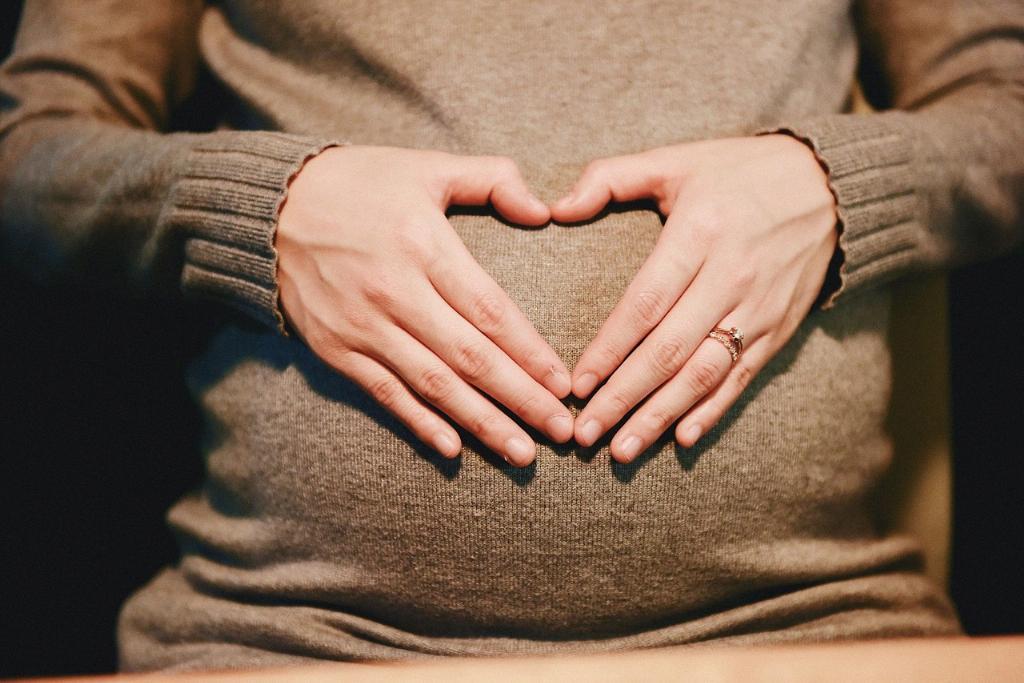When it comes to the topic of sex during pregnancy, many expectant parents have questions and concerns about how it may impact the pregnancy. One common question that often arises is, “Can sex cause contractions?” This article aims to address this query comprehensively by examining the potential link between sex and contractions during pregnancy.
Understanding the Link Between Sex and Contractions
During sexual activity, the body releases oxytocin, often referred to as the “love hormone,” which can lead to muscle contractions. For pregnant individuals, these contractions can sometimes be felt in the uterus. Furthermore, semen contains prostaglandins that have the potential to trigger uterine contractions. Additionally, the sensitivity of nipples during pregnancy means that stimulation of the nipples during sex might also bring about contractions.
Factors That May Lead to Contractions During Sex
Several factors can influence whether sex causes contractions during pregnancy. These factors include the stage of pregnancy, overall health of the pregnant person, any complications that may be present, and the intensity of sexual activity. It is essential to communicate with your healthcare provider about any concerns or specific conditions to determine the safety of engaging in sexual activity.
Benefits of Sex During Pregnancy
Contrary to common misconceptions, sex during pregnancy is generally considered safe for most couples with uncomplicated pregnancies. Engaging in sexual activity can promote emotional intimacy, alleviate stress, and possibly enhance the overall well-being of the expecting parents. Additionally, some believe that orgasms can help regulate blood flow to the uterus, which can be beneficial.
Risks and Concerns Associated with Sex and Contractions
While sex during pregnancy is generally safe, there are certain risks and concerns that expecting parents should be aware of. In some cases, contractions triggered by sex can be uncomfortable or even alarming. If contractions are frequent, intense, or accompanied by other symptoms like bleeding or pain, it is crucial to seek medical advice promptly.
When to Avoid Sex During Pregnancy
There are circumstances when it is advisable to avoid sex during pregnancy. These include a history of preterm labor, placenta previa, cervical insufficiency, or ruptured membranes. If your healthcare provider has advised against sexual activity for any reason, it is crucial to follow their guidance to ensure the well-being of both the pregnant individual and the baby.
Tips for Safe and Comfortable Sex During Pregnancy
For those who wish to maintain intimacy through sexual activity during pregnancy, there are practical tips to ensure safety and comfort. These include finding comfortable positions, using lubrication if needed, communicating openly with your partner, and listening to your body for any signs of discomfort. Prioritizing mutual respect and understanding can enhance the experience for both partners.
Myth Busting: Common Misconceptions About Sex and Contractions
There are several myths surrounding sex during pregnancy and its potential to induce contractions. One common misconception is that sex can harm the baby, which is generally untrue in uncomplicated pregnancies. It is essential to debunk these myths with accurate information and open discussions with healthcare providers to make informed decisions.
Conclusion
In conclusion, the question “Can sex cause contractions?” highlights the importance of understanding the potential relationship between sexual activity and contractions during pregnancy. While sex is typically safe during pregnancy, it is crucial to communicate openly, follow medical advice, and prioritize comfort and safety. By staying informed and addressing concerns proactively, expectant parents can navigate this aspect of their pregnancy journey with confidence and reassurance.

